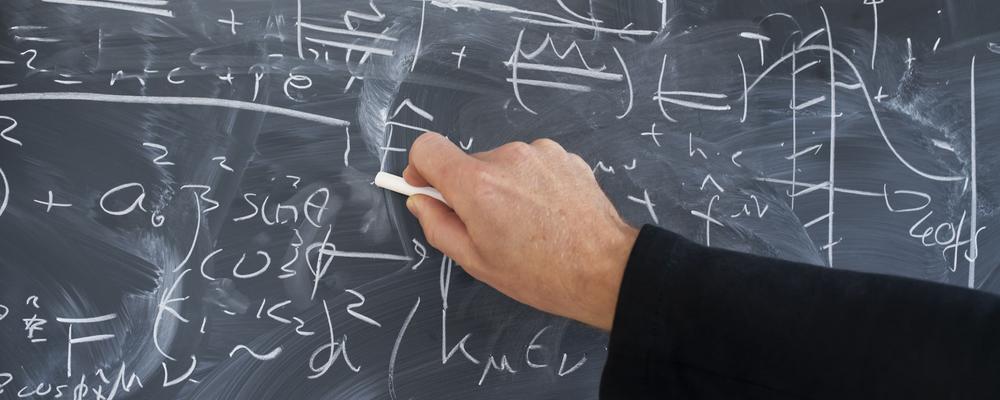Finite-time dynamical phase transitions in non-equilibrium relaxation
Abstract
Thermal relaxation is a fundamental process in statistical mechanics, with numerous applications in Nature and industry. Nonetheless, the kinetics of relaxation is well understood only close to equilibrium. Far-from-equilibrium relaxation, by contrast, is a genuine non-equilibrium problem that offers fascinating open questions, and a variety of unexpected phenomena.
In my talk, I will discuss a particular class of such phenomenona, namely finite-time dynamical phase transitions. Such transitions occur at finite, critical times during the transient relaxation after an instantaneous temperature quench. They manifest themselves as finite-time cusp singularities in the probability distributions of thermodynamic observables. The transitions are due to sudden switches in the dynamics, and they are characterised by dynamical order parameters.
To classify these transitions, I will introduce a dynamical Landau theory that applies to a range of systems with scalar, parity-invariant order parameters. Close to criticality, the theory reveals an exact mapping between dynamical and equilibrium phase transitions, and implies critical exponents of mean-field type. Beyond the mean-field treatment, interactions between nearby saddle points may lead to critical, spatiotemporal fluctuations of the order parameter, and thus give rise to novel, dynamical critical phenomena.
Participate on campus or via Zoom.
On campus: PJ lecture hall
Zoom link: https://gu-se.zoom.us/j/64681043702
Read more about the seminar series
Theoretical Physics Seminar
